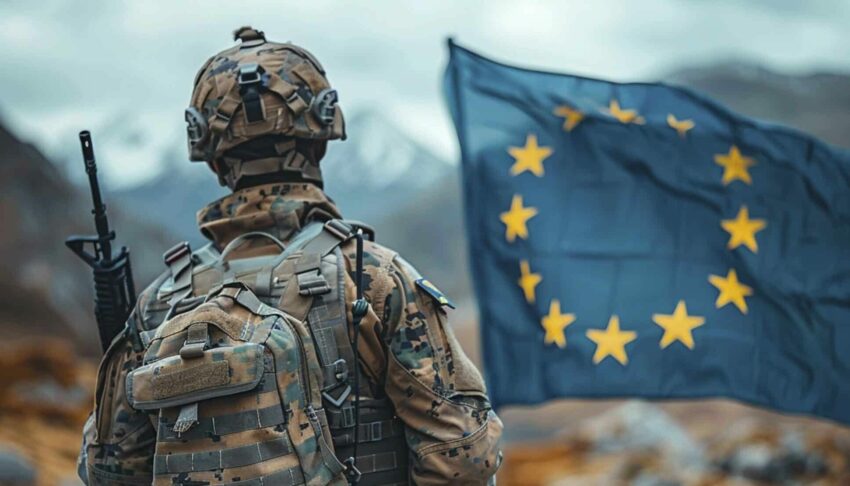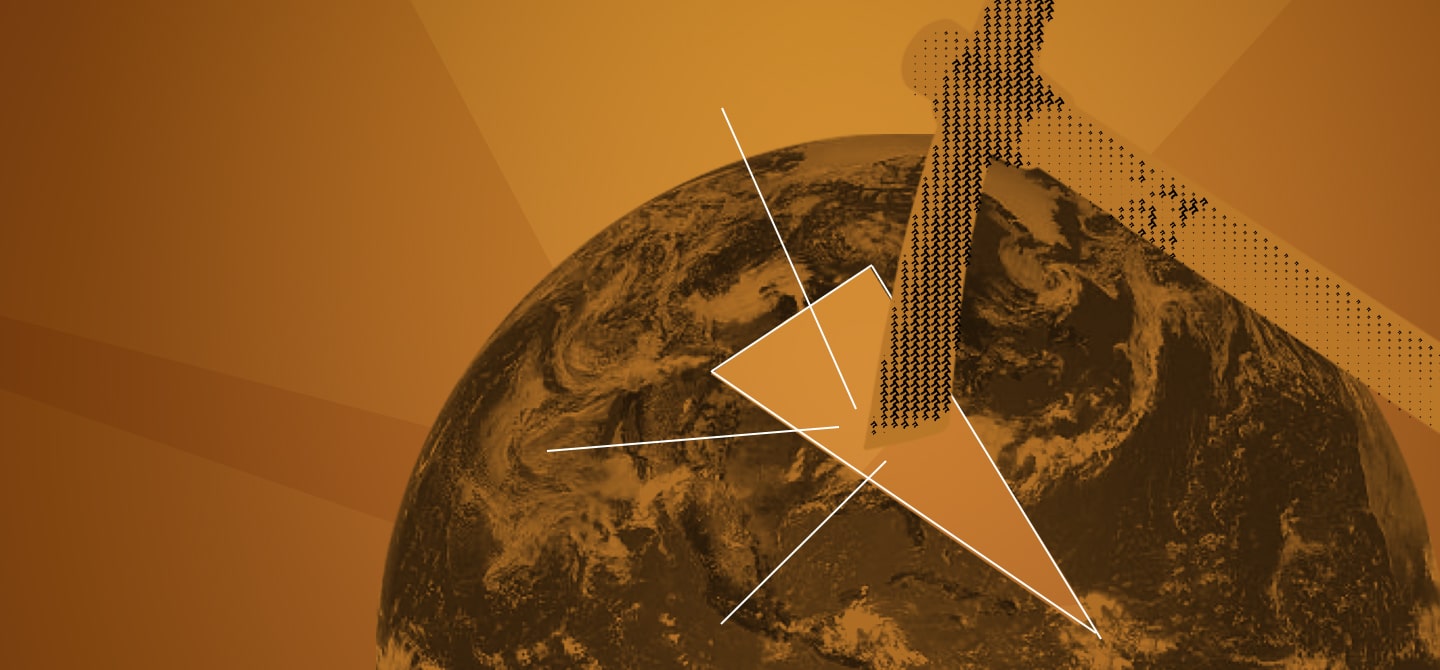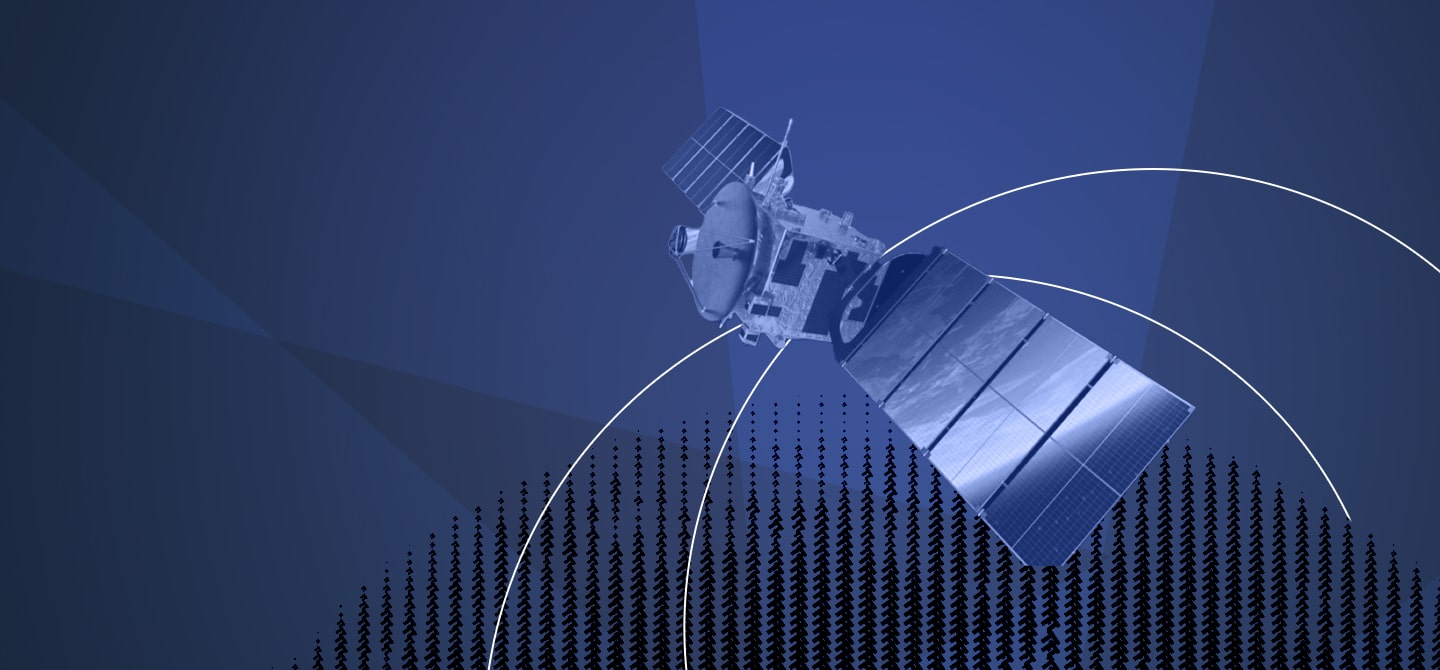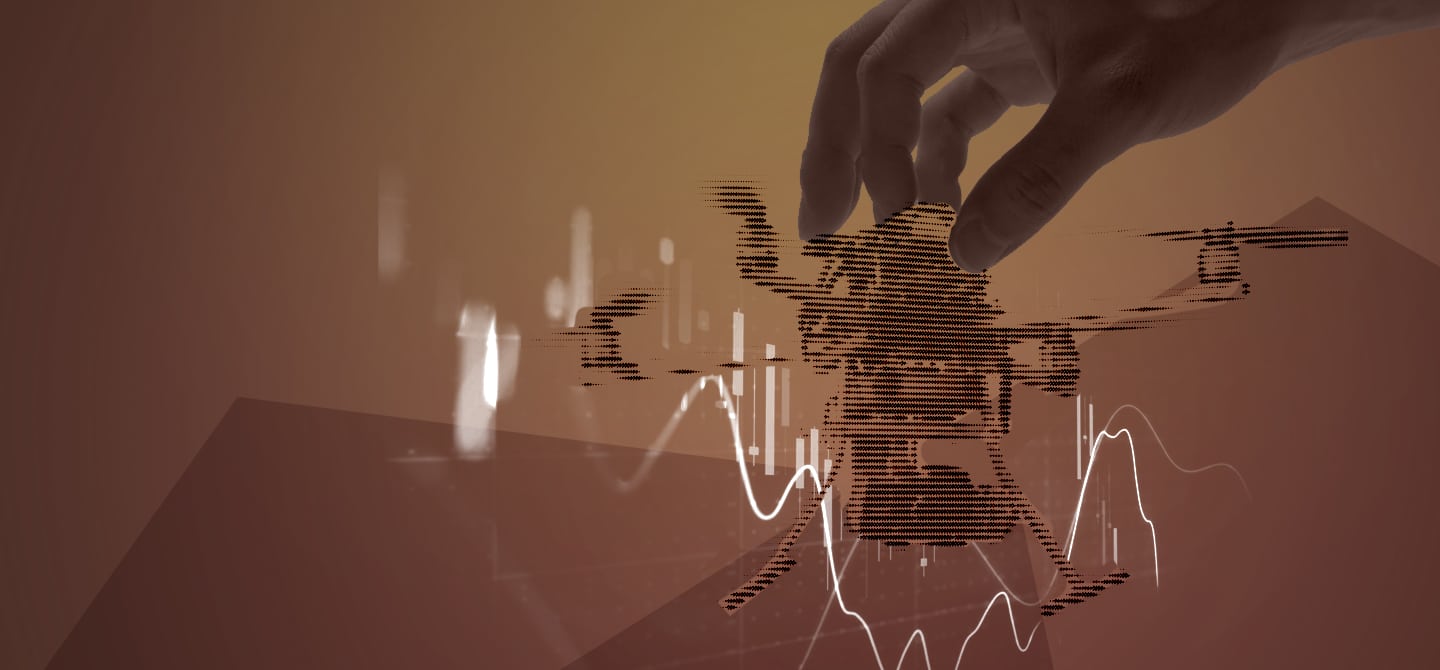- Planet
- Energy
- Health and biotech
- Digital
- Space
- Economics
- Industry
- Science and technology
- Society
- Geopolitics
- Neuroscience
- Videos
- Magazine

Avec Paul Zajac, Director of Strategic Affairs at CEA
Avec Hélène Masson, Senior Research Fellow at Fondation pour la Recherche Stratégique
Avec Isabelle Méjean, Professor of Economics at Sciences Po
On 9 July 2025, the temporary freeze on reciprocal tariffs imposed by the United States on a large number of trading partners will come to an end.
 Economics
Planet
Geopolitics
Economics
Planet
Geopolitics
Avec Peter Tankov, Professor of Quantitative Finance at ENSAE (IP Paris), Olivier David Zerbib, Researcher at CREST and Assistant Professor at ENSAE (IP Paris)
In the age of Trump, green finance is being called into question for political reasons as the climate emergency intensifies.
 Digital
Geopolitics
Digital
Geopolitics
Avec Francesca Musiani, CNRS Research Director and Head of Centre Internet et Société
In 2020, the EU launched the Gaia-X project, which aims to build an interoperable, secure data infrastructure that complies with European standards.


Avec Jean-François Gagné, Researcher at the Centre for International Studies and Research at Université de Montréal
Avec Lionel Suchet, Chairman and Chief Executive Officer of CNES
Faced with increased international competition, Europe is seeking to (re)gain its autonomy and competitiveness in the space sector.
 Geopolitics
Economics
Geopolitics
Economics
Avec Léo Péria-Peigné, Researcher at the Ifri Centre for Security Studies
In recent years, there has been a gradual rearmament of EU member states and defence budgets are generally on the rise.



